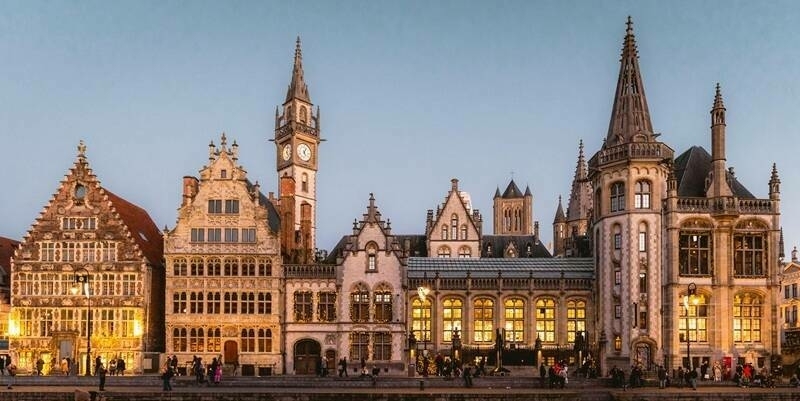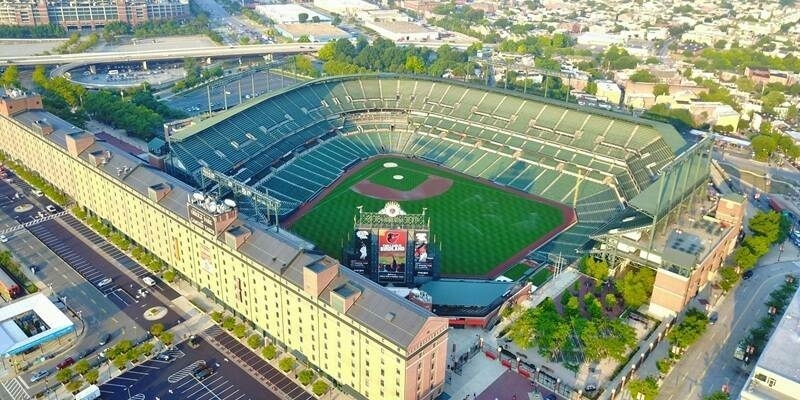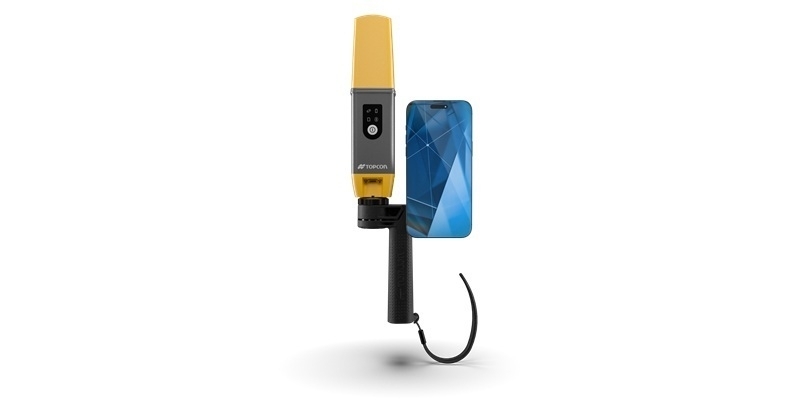Karlsruhe, Strasbourg, 20/02/2018. Cities around the world are struggling with fine dust and air pollution problems and are looking for efficient solutions. Yesterday, Strasbourg’s Eurométropole implemented a first action designed to improve the city’s air quality. It is the first city association in France to deploy a new signal control system in order to cut emissions by avoiding stop-and-go. Professional software tools were used to simulate and illustrate the positive effects of this air pollution control measure. The basic technology is provided by the market's leading traffic and transport specialist PTV Group. If the simulation results are confirmed in practice, the city association wants to install the professional signal control system at further road sections.
“Strasbourg – Breathable City and Metropolitan Region“ (“Ville et Métropole respirable“), that is the motto of the French Air Pollution Control programme introduced in 2015. One of the specific actions aims at improving road traffic management in Strasbourg. The simulation results were so convincing that the project is now entering the next phase: Field tests with the traffic-adaptive signal control PTV Epics are now carried out along one of the city’s main arterial roads.
A major problem in cities is stop-and-go traffic which leads to higher emissions. Gridlock occurs in urban areas because of the sheer volume of traffic and the sheer number of intersections controlled by traffic lights or stop signs. “PTV software helps optimize signal control programs in order to minimize waiting times at traffic lights and thus reduce the number of stop-and-go waves,” explains Frédéric Reutenauer, Project Officer and Vice President Project Management & Services at PTV Group. “We used the traffic simulation software PTV Vissim to visualize the effect on traffic by analysing the traffic flow at six signalized intersections of Avenue de Colmar located south of Strasbourg. The waiting time for all road users at traffic lights controlled by our software tool PTV Epics was below 45 seconds in 85 percent of all cases. Currently, this only applies to 35 percent.”
The simulation also revealed that
- vehicle stops could be reduced by nine percent
- nitrogen oxide emissions (NOx) could be cut by eight percent and
- particulate matter (PM10) pollution by nine percent
Eurométropole Strasbourg and the air pollution control authority AtMO Grand Est were impressed by the results. "It is currently the only method that has such a positive effect on traffic flow,” says Emmanuel Rivière, Directeur Général Adjoint AtMO Grand Est. Based on the simulation, PTV technology was integrated into FARECO’s control units installed at the junctions of Avenue de Colmar. “The test phase is expected to last until summer. It will then be defined in which additional areas this new technology should be rolled out,” explains Frédéric Reutenauer. “As a native of Strasbourg, I’m particularly pleased that our technology helps improve the air quality in the European capital. And I’m confident that we will also obtain convincing results during the field tests.
Subscribe to our newsletter
Stay updated on the latest technology, innovation product arrivals and exciting offers to your inbox.
Newsletter

